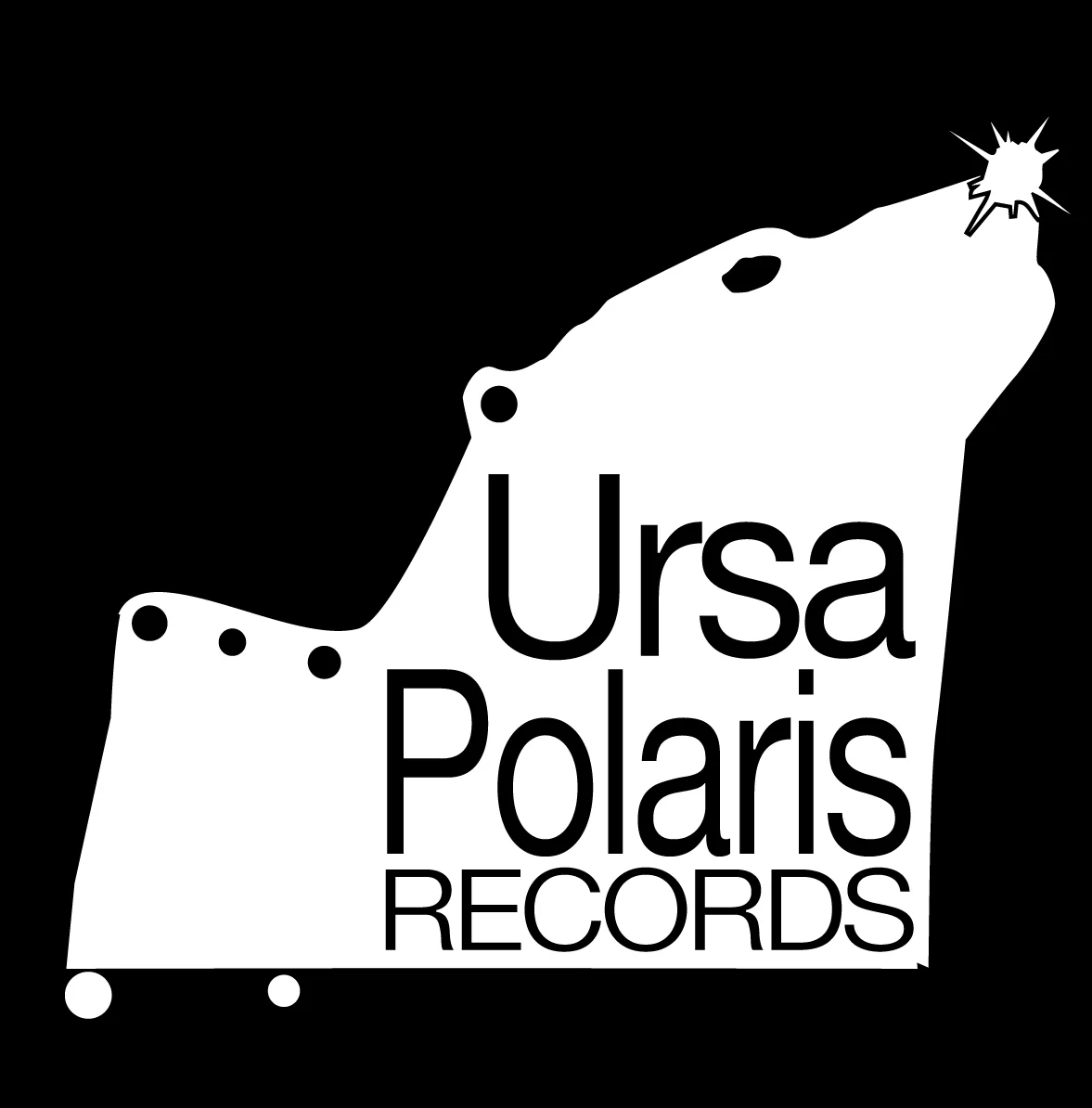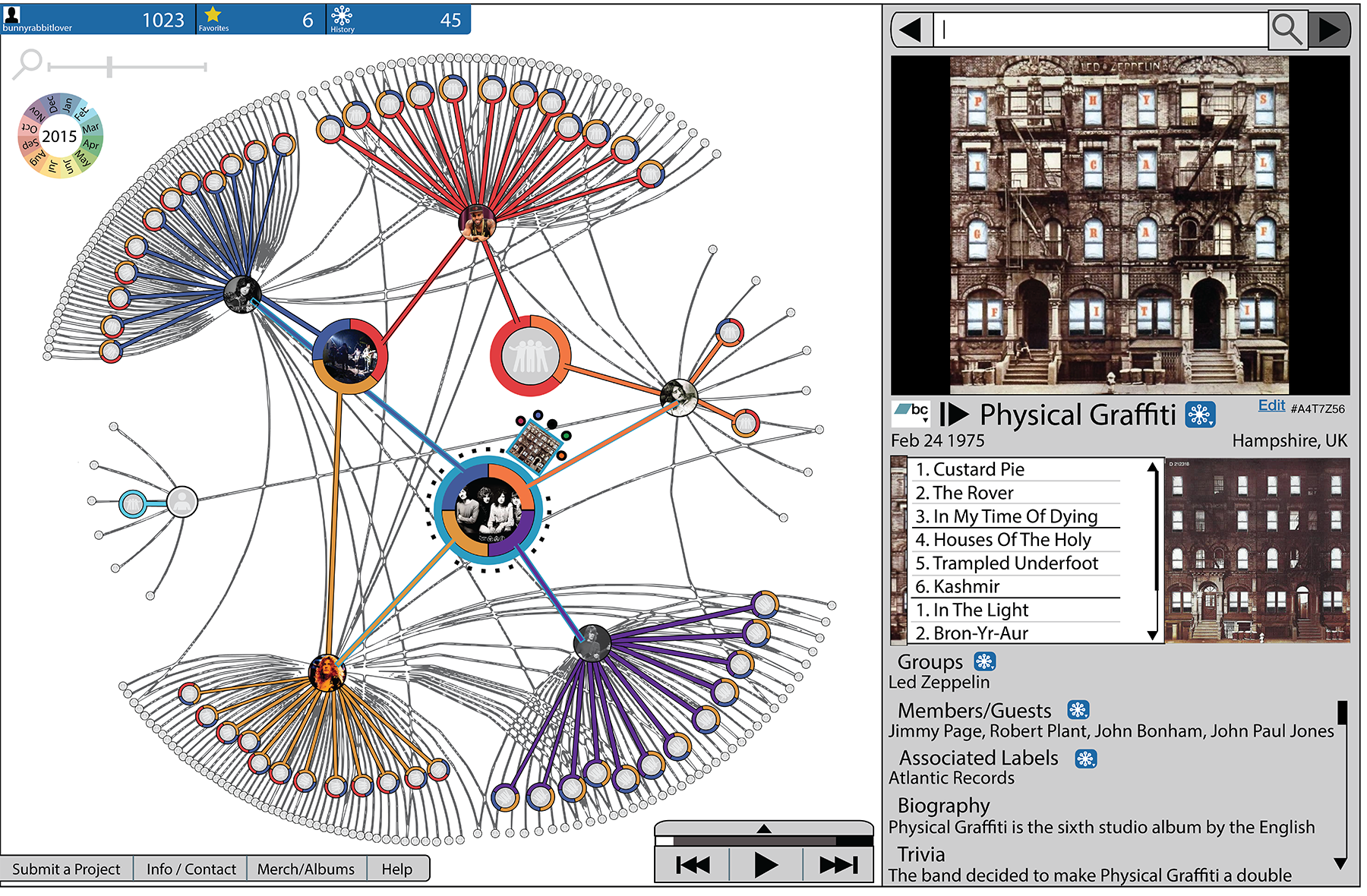Polaris Music Map
A visualized music encyclopedia, decentralized and incentivized using blockchain and distributed ledger technology
inspiration
This project was initially inspired by hours upon hours spent descending the Wikipedia rabbit hole, finding hidden connections between musicians and the professionals they work with. For example, did you know the guy who wrote Semisonic’s “Closing Time” also helped Adele write “Someone Like You” and helped with The Dixie Chicks’ “I’m Not Ready To Make Nice”?¹ Or that a 10-second drum break from The Winstons’ 1969 B-side “Amen Brother”, has been used in thousands of songs, from Salt-N-Pepa’s “I Desire” and N.W.A.’s “Straight Outta Compton”, to the entire genre of Drum-N-Bass, to the intro theme of Futurama?² The drummer who played the drum break, Gregory C. Coleman, died homeless and destitute in 2006,³ while his 10-second drum break has likely helped make billions of dollars for the superstars who sampled him. The music industry is backwards and broken, with its rules and regulations lifted from the sheet music industry, and is in need of dramatic change. The amount of music released every year has ballooned, from around 2,000 releases per year in 1990⁴ to around 30,000 releases per year in 2019⁵. The music industry needs a new paradigm in this new world, in which the record companies no longer have a monopoly on music creation, and in which anyone can listen to any song at any time without having to ask a radio DJ or record importer for permission.
In a world with exponential growth of data, a key challenge remains in figuring out how to communicate that data effectively. The connections between musicians tell a story, and help music fans appreciate the story behind the music, and the process of making music. The goal of the Polaris Music Map is to visualize these connections, and then to leverage the organization and classification of the musicians and professionals represented on the map to build a new paradigm for the music industry. Our goals are as follows:
Build an incentivized system that accurately records all musical works and the parties involved in their creation.
Reward the musicians and professionals behind the music in a way that corrects for the broken copyright system (in which any musician other than the vocalist retains zero rights and zero equity for their performance) and the morally reprehensible practices of the recorded music industry.
Using the accurate data of the map, as well as using rewards as incentives for musicians to complete KYC verification, build a marketplace for musicians and music professionals.
Create tools that give any musician access to the same music industry infrastructure that major labels use to create, promote, and sell their music.

